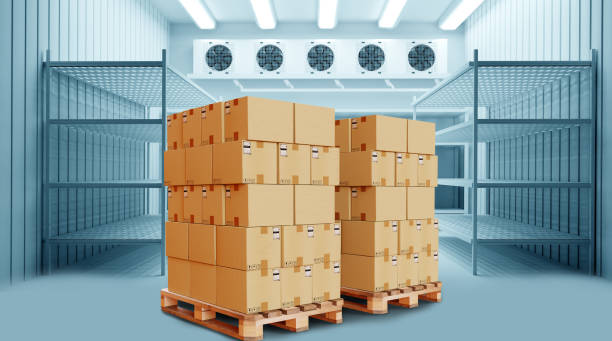A dumpster rental is an efficient and cost-effective way to manage waste for construction or renovation projects. However, to ensure that your rental experience is as smooth and hassle-free as possible, there are a few things that you should do beforehand.
Clean the Area
Preparing the area beforehand is essential when hiring a dumpster rental for your waste removal needs. This will ensure the dumpster doesn’t damage your driveway or block pedestrian access. It will also assist you in avoiding additional costs and legal hassles.
Dumpsters are designed to hold nearly anything that can be thrown away except hazardous materials. These include paint, household cleaning chemicals, motor oil, and batteries. These items are dangerous to the environment and can cause harm to waste disposal employees.
In addition to avoiding contaminants, you should also take the time to separate recyclable materials from non-recyclable waste. Consult your dumpster rental company to learn more about green waste disposal practices. They will be happy to provide tips and answer any questions.
Make Sure the Driveway is Clear
One of the most common issues people run into when renting a dumpster is damage to their property. This often occurs when they place their dumpster on the driveway without protecting it. This can cause problems, from minor scrapes to cracking and splitting of the surface.
Fortunately, preventing this kind of damage can be done quite simply. For example, many dumpster rental companies offer plywood boarding that can be placed under the dumpster to protect the driveway. This is an excellent option for those who want to avoid damaging their driveways but still need a dumpster for waste disposal.
It’s crucial to remember that certain items, particularly hazardous materials, are unsuitable for disposal in a dumpster. If you need more clarification about an item’s disposal eligibility, it’s advisable to seek guidance from your local junk removal services to ensure proper handling.
Mark the Dumpster for Delivery
When a dumpster rental is scheduled, it’s essential to mark the area for the driver to place the bin. This will ensure it is placed in the best spot possible for you and also prevent any miscommunication with the company. You can do this by placing stakes or cones around the dumpster. This will also help the driver avoid any obstacles during delivery.
Be sure to ask the dumpster company what debris they can and cannot accept. Residential dumpsters can hold many items, such as paint, tires, and hazardous waste, which are prohibited. It’s also a good idea to recycle whenever possible and to separate recyclables from garbage. In addition to saving you money, this will also protect the environment. It’s also helpful to know the cost of extra fees that may apply when necessary, such as merchant fees associated with credit card processing, fuel surcharges, out-of-area fuel fees, dig-out fees in the winter, and generator tax.
Make Sure You’re Ready for the Dumpster’s Arrival
When a dumpster rental is scheduled, you want to ensure that the area where it will be placed is free of obstructions. This means moving any cars from the region and ensuring the truck driver can easily access the area. It may also be necessary to block off the area with cones or something similar, significantly if the heavy weight of the dumpster might damage any soft surfaces.
Another essential thing to do is learn about the rules for dumpster usage. Most companies have guidelines about what can and cannot be thrown away. This will help you avoid any issues with your waste management plan and ensure that your dumpster is used responsibly. Some items that can be thrown in a dumpster include general household waste, furniture, appliances, and construction debris. However, materials like Freon-containing appliances require unique disposal methods and should not be disposed of in a dumpster.







